January 2021
Whether it serves as a life elixir for getting through a long day of work, as a socialising activity or as a gourmet beverage - coffee is a companion to our daily lives. Its stimulating effect and unique taste make coffee one of the most popular beverages worldwide. Here is how to enjoy your black elixir sustainably.
CERTIFIED COFFEE & SUSTAINABLE BRANDS
Opt for certified coffe. Coffee products can be issued with various certificates, each of which covers a particular area of sustainability. Here are the most popular ones:
There are numerous sustainable producers and brands, such as Cafédirect, Coffee Circle, Higher Ground Roasters, DOMA - and many others. Search for further brands on the internet.
COFFEE PACKAGING
☕ When buying coffee opt for larger packs.
☕ Bring your own containers when buying from roasteries or packaging-free shops.
☕ Avoid capsules & pads: The use of capsules and pads has hugely increased since the mid 2010s and they have risen to hold a market value of billions. But environmentally-speaking, they are best avoided due to their wastefulness, though more sustainable versions do exist:
Biodegradable capsules
They must be disposed of at commercial compost heaps, recycling plants or biogas plants.
Compostable capsules
They must be disposed of in a compost heap.
Refillable capsules – the best alternative to forgoing capsules completely.
Recyclable (aluminium) capsules
For disposal, clean out the used coffee grounds, separate their components and bring them to a recycling centre.
Some producers offer a return system.
Paper pads
These can be disposed of in organic waste, though they still have a large impact on the environment in the long-run.
Buying sustainable coffee
Certified coffee can be found in Organic Shops →, well-assorted supermarkets and even pharmacies; use the internet to find out what is available in your area.
Asking at your local coffee shop or roastery lets you buy sustainable products and support local businesses.
PREPARING COFFEE SUSTAINABLY
50% of a cup of coffee’s carbon emissions come from the process of making it. So, here is a lot to optimise - let’s tackle it:
Buy machines second hand to reduce excessive use of resources.
If buying new, opt for manual coffee makers:
French press
Cold-brew
Portafilter Machines
Moka Pot
Aeropress
If you get your beans in reusable containers, these coffee-making methods can also be packaging-free.
If buying electrical appliances, look out for the Energy Star certificate as well as the manufacturing information regarding each machine.
Authorities to help with your decision: Ethical Consumer (UK), Stiftung Warentest (Germany), Konsument (Austria).Repair or recycle machines.
Most machines can be repaired under warranty or by third parties.
If beyond repair, return it to the manufacturer or take it to the small appliances section of your recycling centre.
Check if replacement parts are available for purchase.
Glass from a cafetière cannot be thrown into regular recycling since it is borosilicate; a heat-proof glass type that cannot be melted down with regular bottles or jars.
Use your machine sustainably.
An Energy Use calculator can show how much energy your appliance uses.
Consider beforehand how much coffee you will drink in a day and save energy by brewing a flask-full rather than multiple cups.
Turn off machines that are on standby once empty or no longer in need of heating. Unplug it too to reduce latent energy.
Keep your machine clean so that the heating function stays efficient.
Coffee filters & CAPSULES
Reusable filters can replace single-use paper ones and can last for years, depending on their material, such as stainless steel, porcelain, hemp, organic cotton.
If using paper filters, look for the Blue Angel logo to ensure that they are made from recycled paper.
Dispose of them with the coffee grounds in the compost – they cannot be recycled with other paper.
Rinsing out a paper filter can extend its use a further few times.
Whether capsules or filters are better for the environment depends on brands and users’ habits.
If using a drip-coffee machine that is on all day and results in leftover coffee that gets tipped away, then brewing with single-serving methods is better.
If making coffee for a group, ensure a Fairtrade brand is used and that none of the brew is wasted.
COFFEE ADDITIVES
When we enjoy coffee, we should not only take care to consume sustainable coffee but also use sustainable milk and sugar.
Sugar
Cane sugar production and import into Europe has a large CO2 impact, plus land is often seized for its growth. Always ensure you buy organic and fairtrade options.
Organic beet sugar can be grown locally, which cuts out long transportation distances.
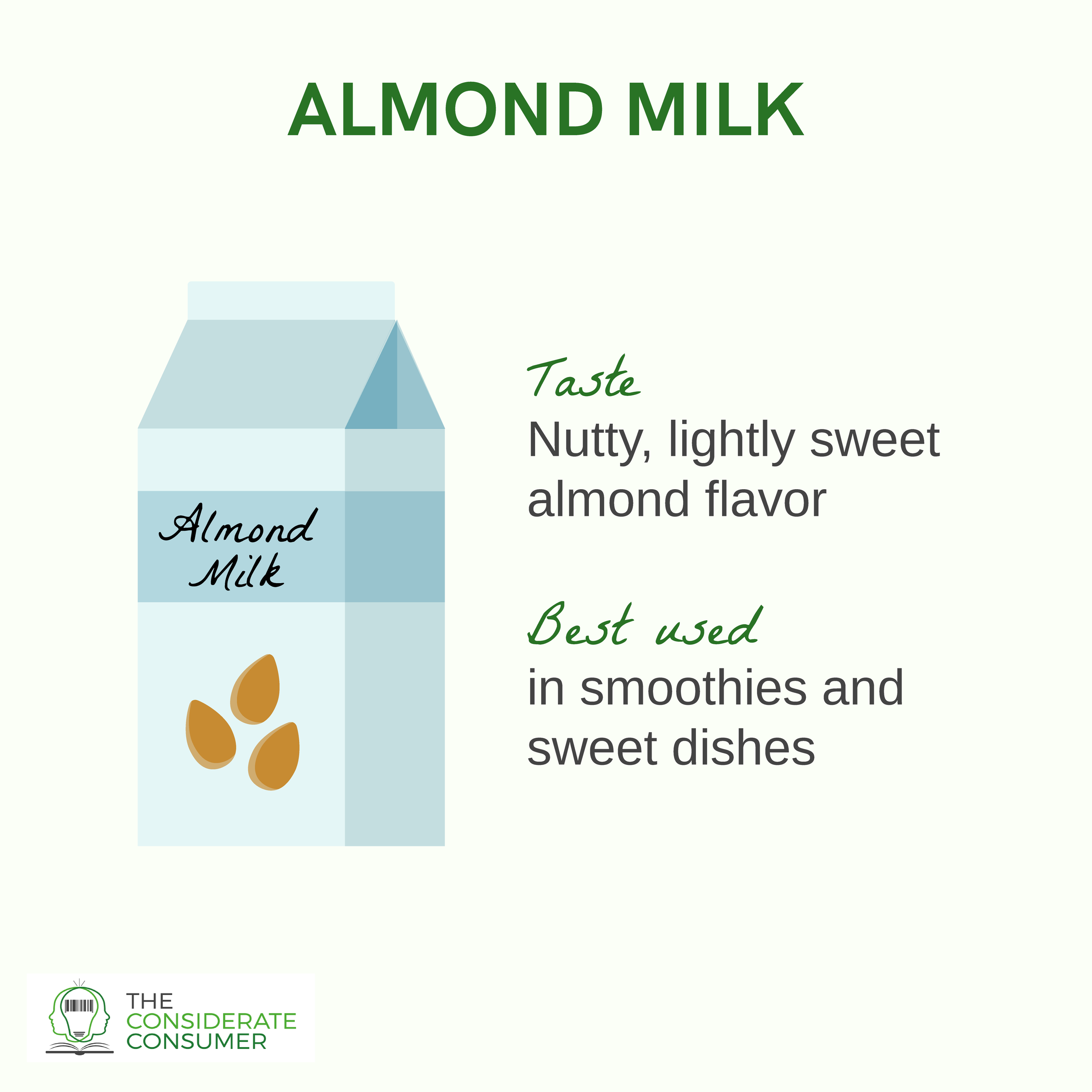
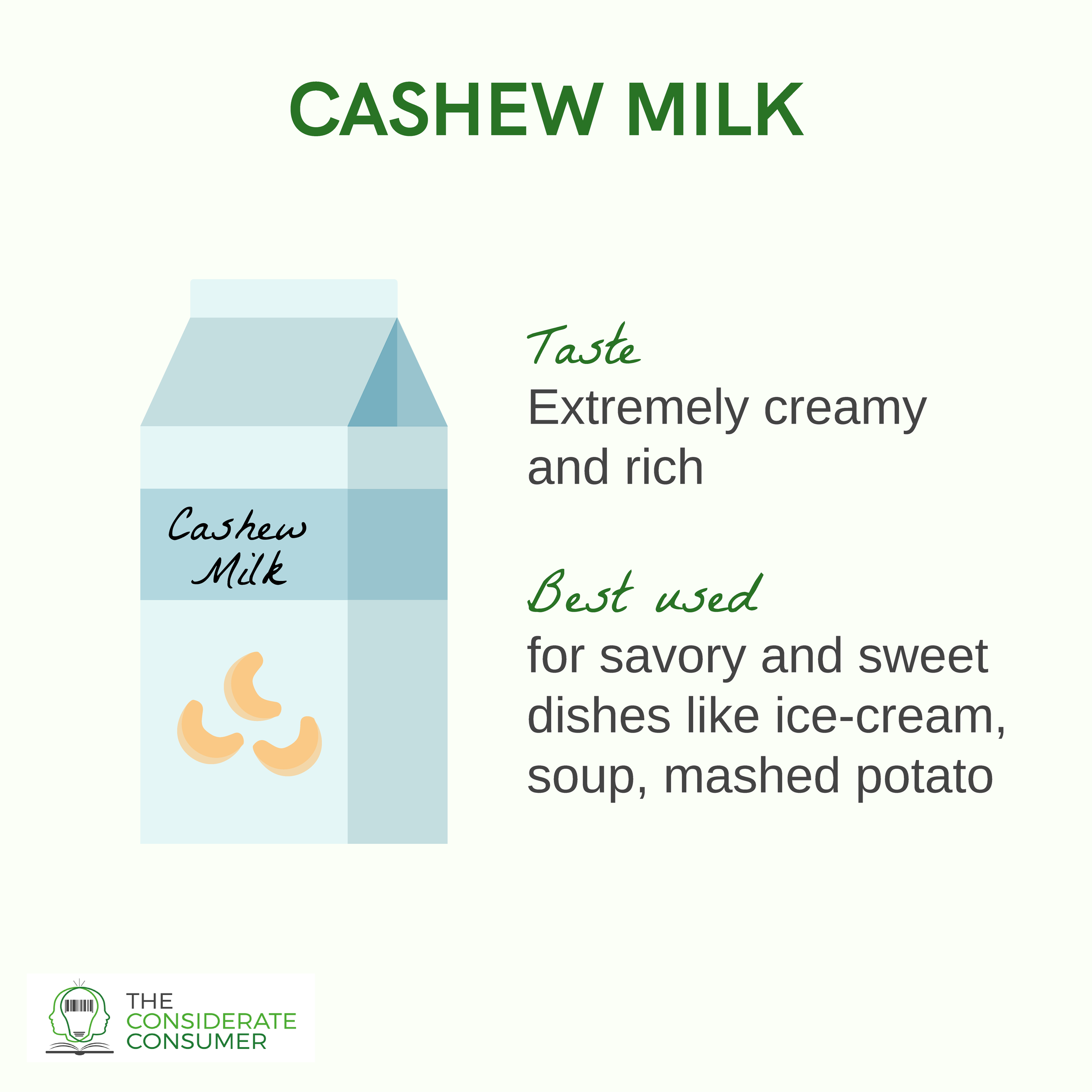
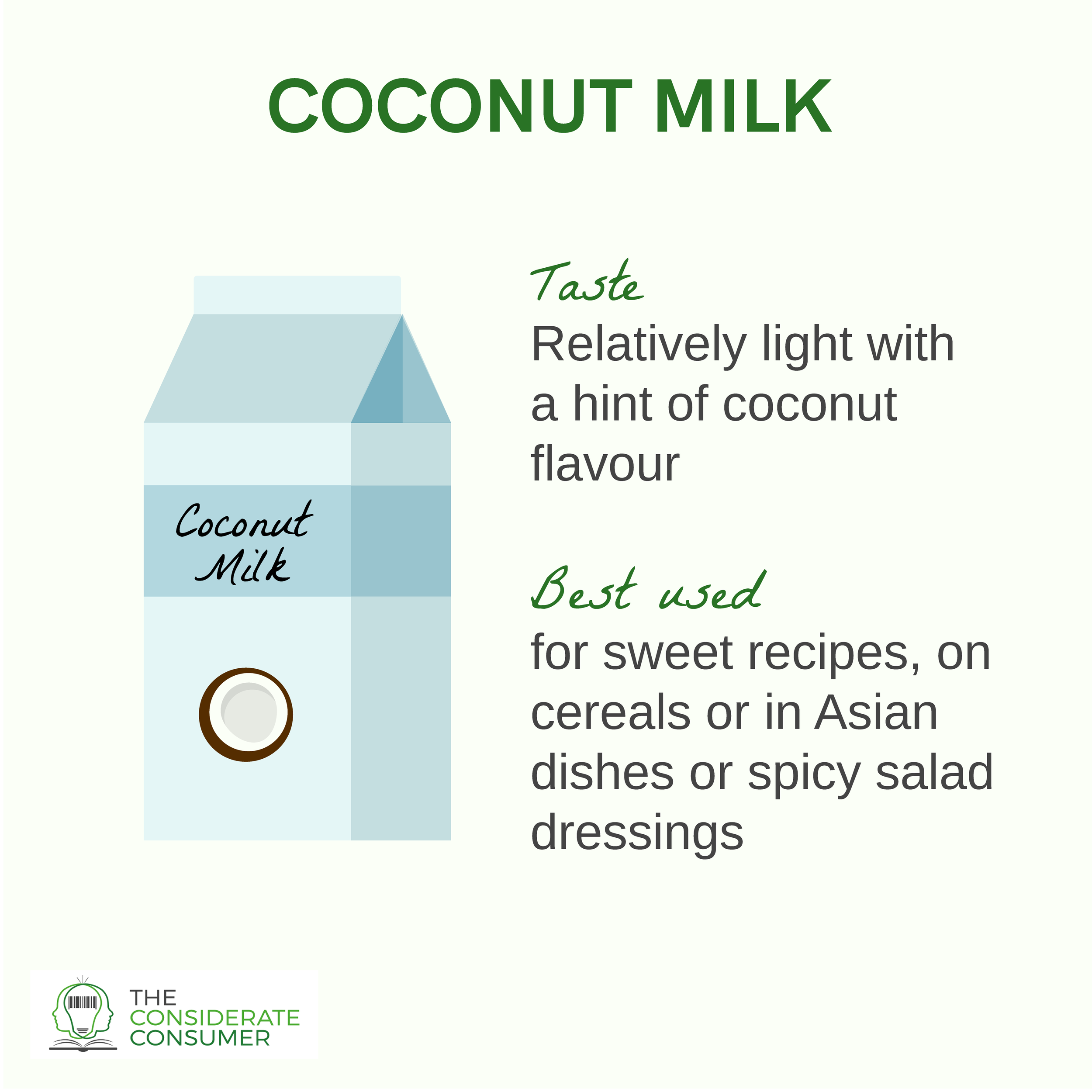
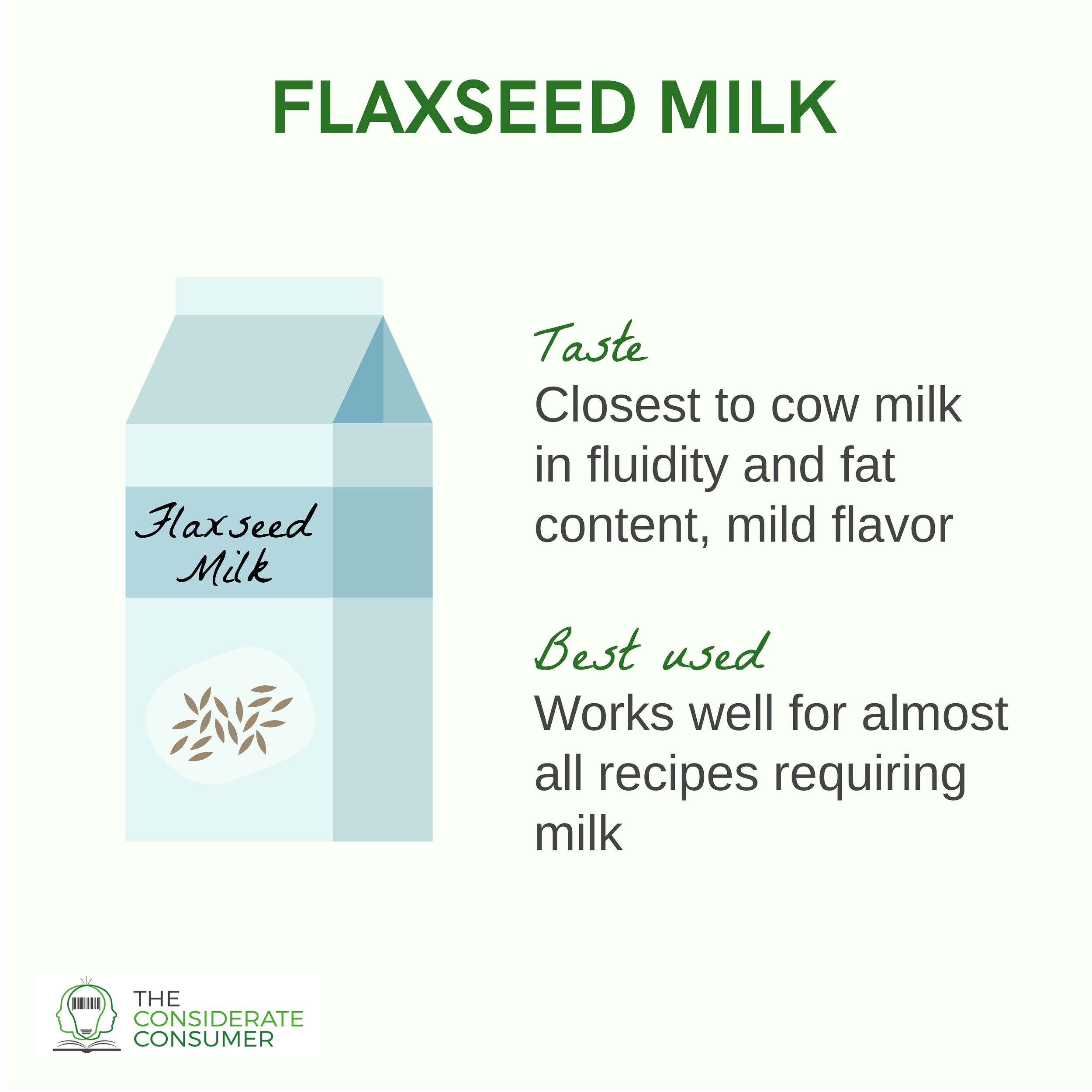
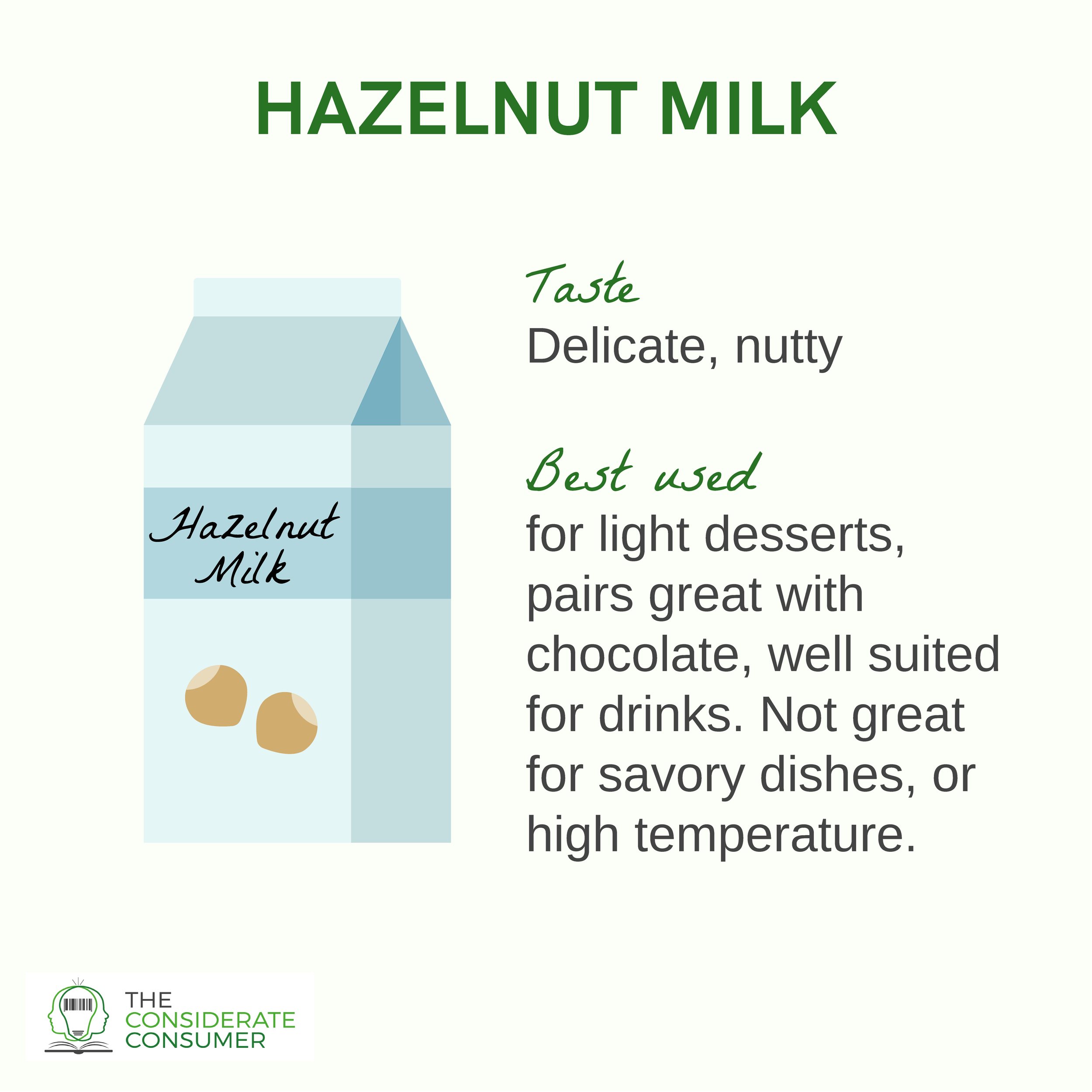
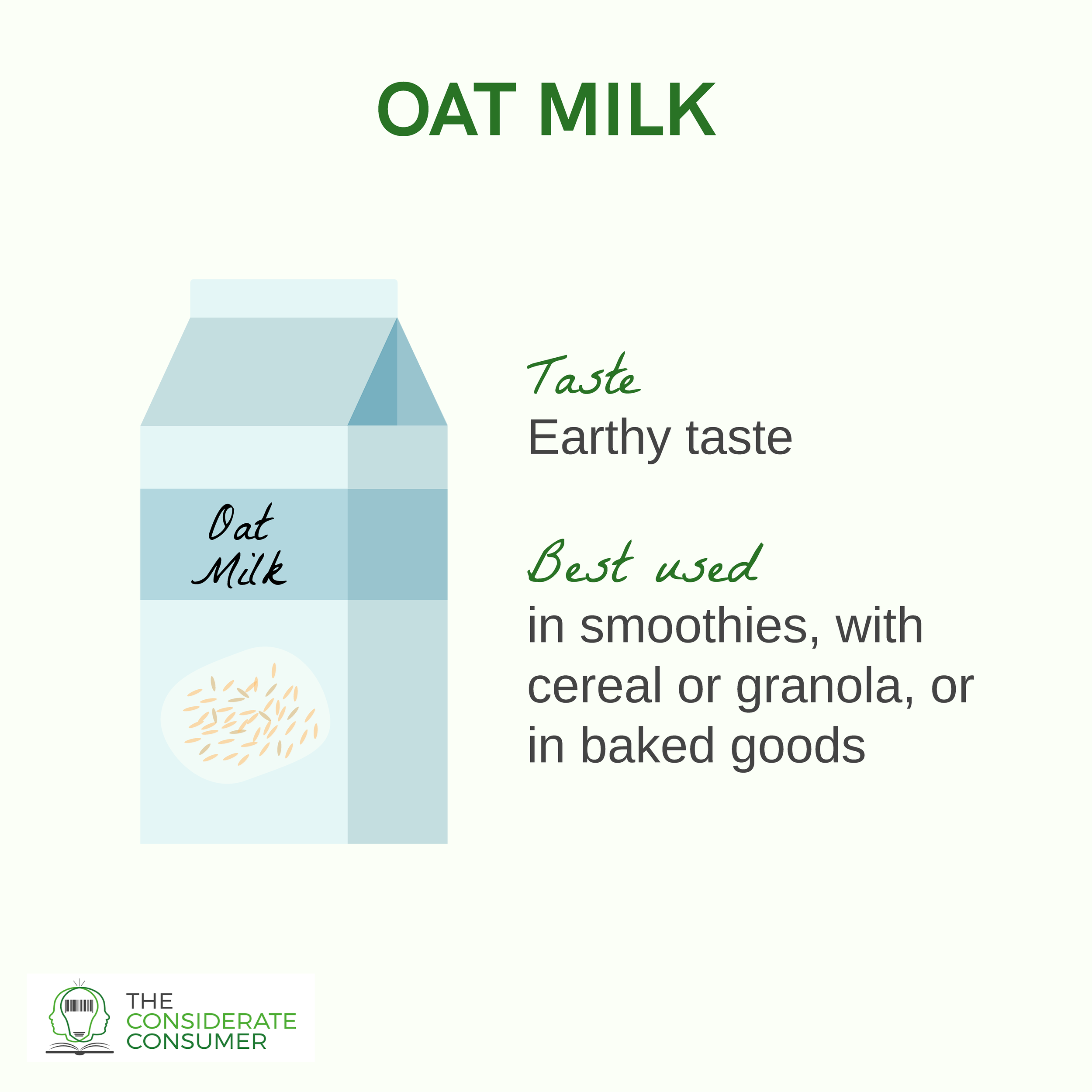
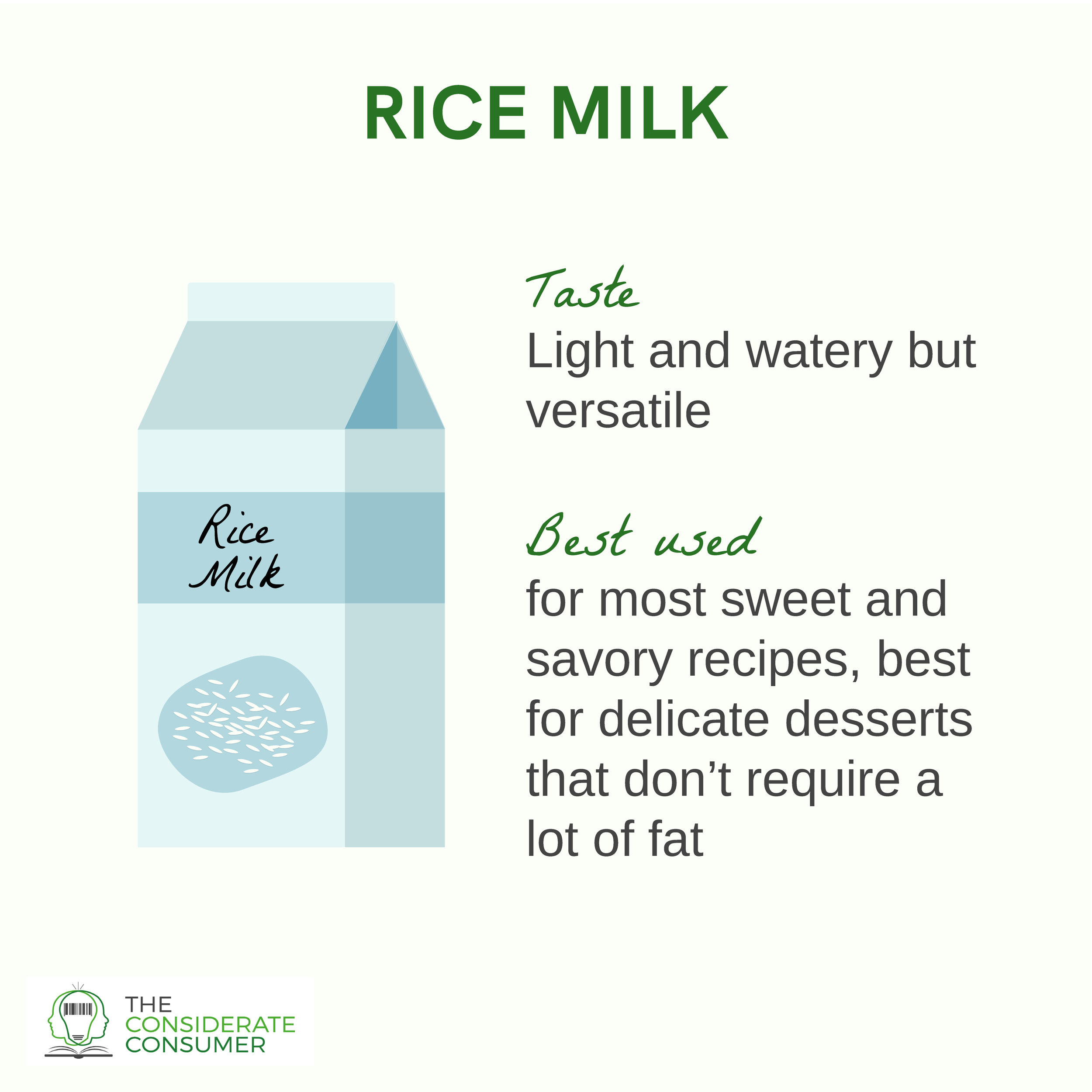
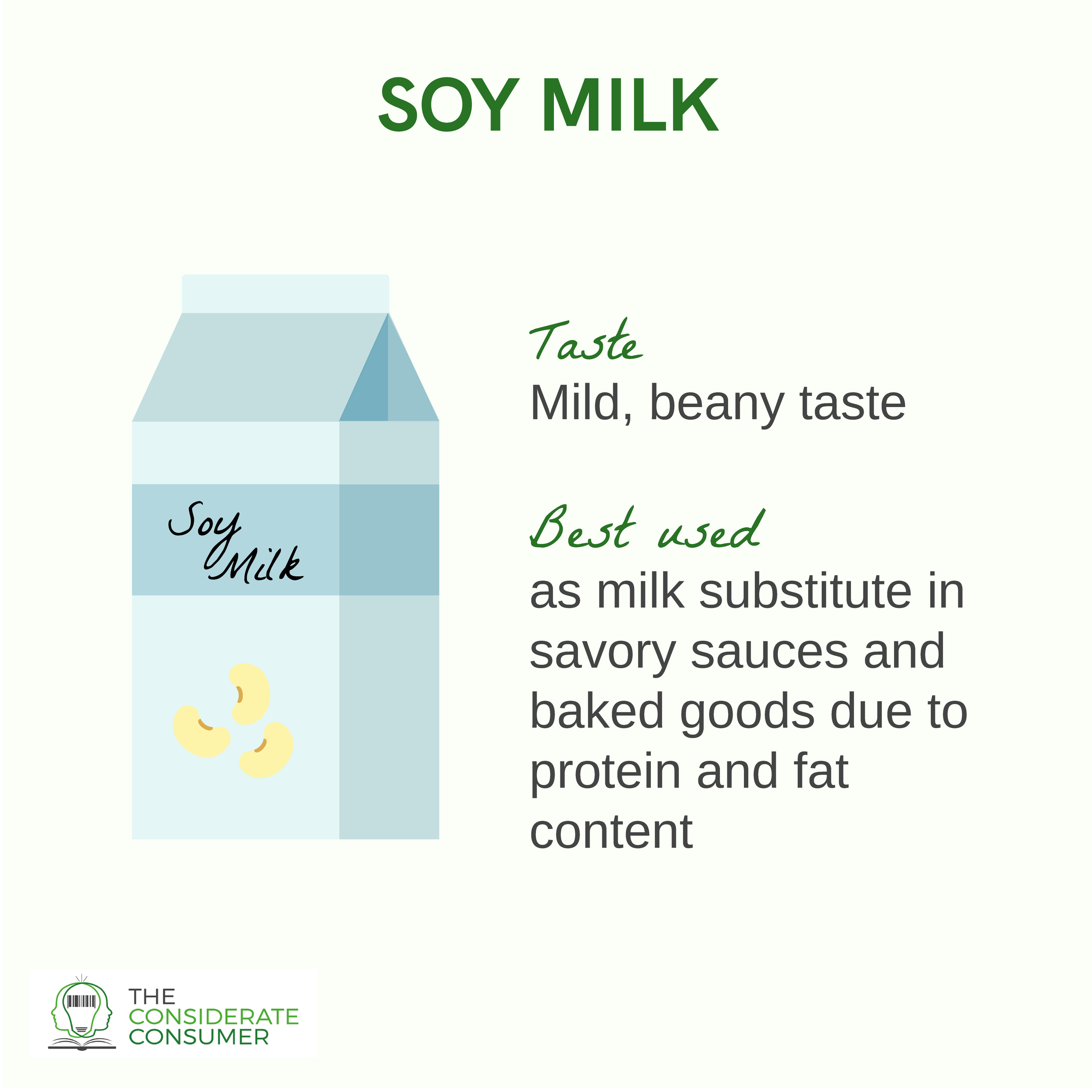
Milk
Cow’s milk poses environmental and animal welfare issues, which is why alternative milks are more sustainable.
When drinking cow’s milk, opt for
In terms of preserving the taste, some Plant-Based Milks → work better than others. Always remember to shake it before pouring to gain the best consistency.
Some will curdle upon contact with the coffee, however the overall taste won’t be affected. ‘Barista’ versions won’t cause this issue.
COFFEE ALTERNATIVES
With 6% of the world’s virtual water used just for drinking coffee, alternative energy boosters can serve an environmental purpose. Here are some alternatives:
With caffeine - Black or green tea, mate, matcha, guarana.
Without caffeine - Wheatgrass juice, lemon water, siberian ginseng tea, green smoothies, dandelion, ginger water.
Coffee to go
Coffee cups present one of the biggest environmental issues regarding coffee due to their plastic-coated material. The Coffee Cup Waste Calculator can help you to visualise your impact.
Recyclable cups
Some producers make cups out of recyclable materials that can be recycled themselves.
Regardless, we never know nor have any choice in what type the seller hands us.
Waste authorities also aren’t fully reliable in ensuring recyclable cups don’t end up in landfill anyway.
Reusable cups
These are ultimately the way to reduce waste.
Many shops offer discounts for bringing your own cup.
Annually, you can save 11kg of greenhouse gas emissions, 7.98L of water, 7.25kg of solid waste, 1 tree, and €74.
The various materials have their own advantages. Plastic is light and durable, glass is dishwasher and microwave safe, and steel is durable and resistant to damage.
There are various reusable cup brands, such as Byo Cup, Ecocoffee Cup, Kahla, etc. Check out the web for more options.
LEARN MORE
Check our sources: Bibliography →






















